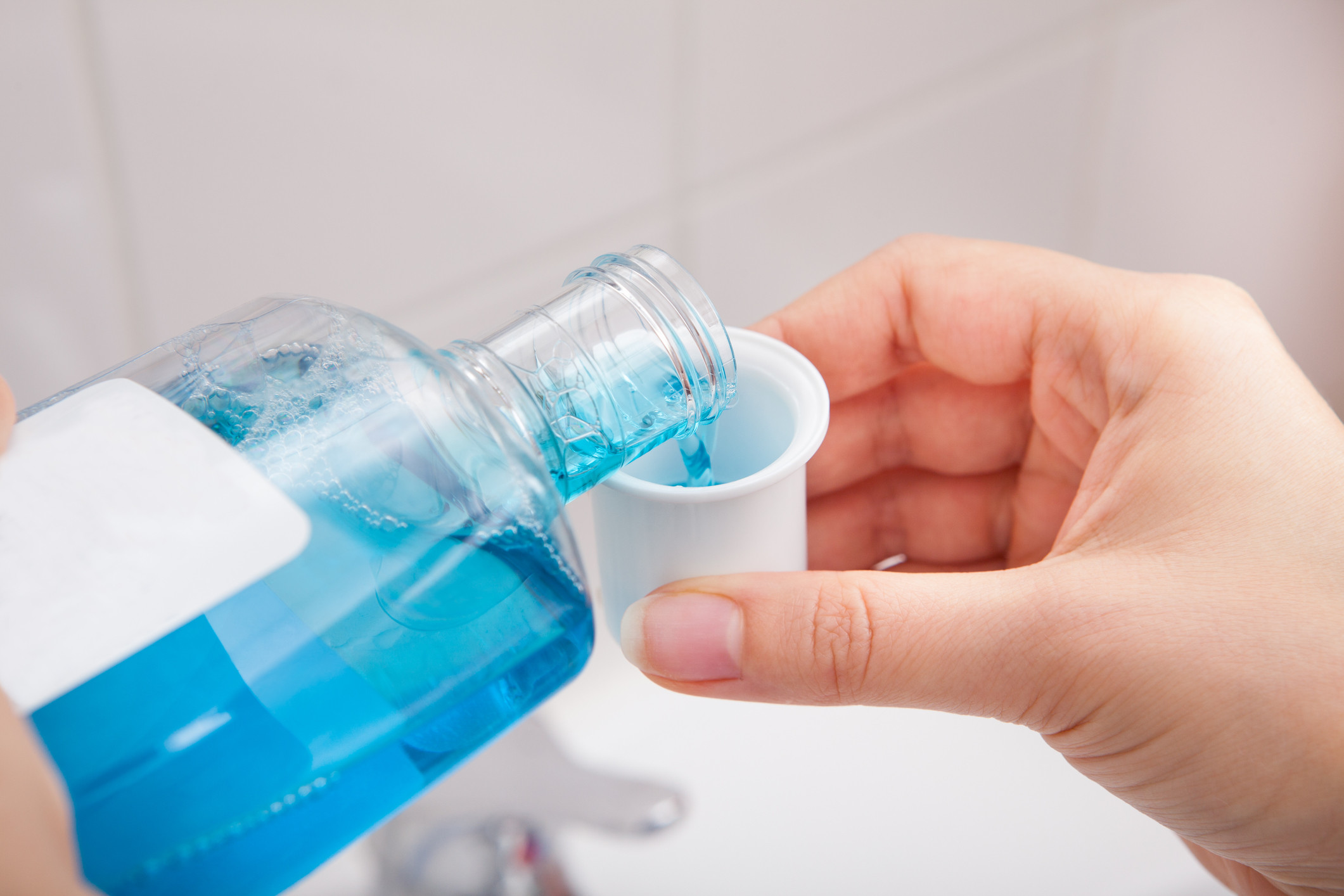People who frequently use mouthwash are more likely to develop type 2 diabetes, according to a new study. However, the risk is only associated with those who use the product twice a day and have pre-existing factors that make them more vulnerable to the disease.
The study was published in Nitric Oxide and examined data from 945 overweight and obese people. According to the authors: “Participants who used mouthwash at least twice daily had 55 percent significantly increased the risk of developing pre-diabetes or diabetes over a 3-year follow-up compared to less frequent users, and 49 percent higher risk compared to non-users of mouthwash.”
Thirty percent of the group who used mouthwash twice a day developed pre-diabetes or diabetes. Those who used mouthwash less frequently had a 20 percent chance of developing one of these conditions, noted Newsweek.
Being overweight is a risk factor for developing the diseases, but that doesn’t mean people with healthy BMI (body mass indexes) are safe.
“There is no reason to believe it is restricted to overweight and obese people,” epidemiologist Kaumudi Joshipura warns. “We can’t know for sure, but at the same time, if I had to guess I think it may be generalizable to other populations.”
Researchers took exercise and waist circumference into account, and nearly 65 percent of the participants in the study had moderate or severe gum disease. Researchers believe those that frequently use mouthwash may be killing bacteria that process nitric oxide, which helps regulate metabolism and blood sugar levels.
Mouthwash gets rids of bad breath and prevents cavities by killing bacteria and doesn’t necessarily combat periodontal disease. A better alternative is brushing and flossing regularly. “If you don’t have a real reason to use it, I wouldn’t just use it,” Joshipura noted.
The Canadian Dental Association recommends the following to achieve good oral health: see the dentist regularly, keep your mouth clean, eat a well-balanced diet, check your mouth for signs of gum disease and oral cancer, and avoid tobacco products.


